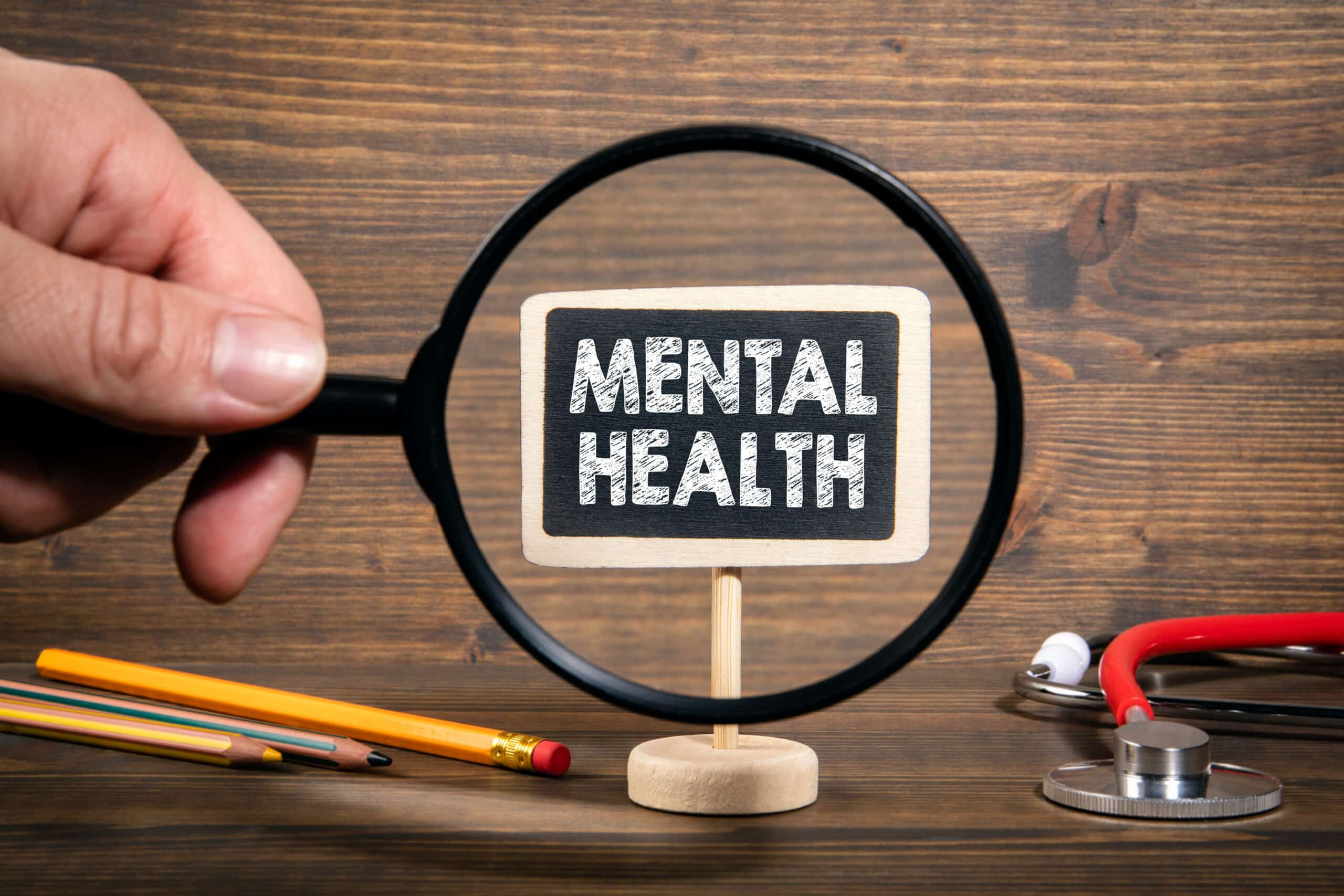CME Mental Health Courses That Actually Make a Difference—for You and Your Patients

While physicians have access to mental health CME as part of their licensing and renewal processes, it’s rarely required learning. Important issues like depression, anxiety, and suicide are common electives, but health professionals across the board are becoming increasingly aware of the extent to which mental health affects their work.
Without quality coursework focusing on mental health trends and best practices, providers face ongoing risks of introducing bias and missing critical opportunities to pursue better outcomes. Courses like Cracking the Code: Mastering the Differential Diagnosis of PTSD provide CME credits that speak directly to frontline healthcare experiences and give workers powerful tools for overcoming these obstacles.
With proper training and awareness, physicians can take the lead for interprofessional activities and craft the most effective possible treatment strategies for all their patients. Here’s what to look for in CME mental health courses and critical topics to explore.
What Goes into an Effective CME Mental Health Course?
Current CME mental health standards are constantly updated with new research and hands-on work in the field. Any provider you choose should offer courses that reflect developing trends, deliver evidence-based content, and support practical skills that reflect deep industry expertise.
The best way to ensure you’re getting courses that reflect the highest standards is to look for Accreditation Council for Continuing Medical Education (ACCME) accreditation. Any CME with this designation is universally accepted by state boards and meets extremely high quality and content standards.
In addition to checking for accredited content, other valuable features to consider include:
- Format. The best courses leverage a mix of video, text, and interactive content that enhances retention and engagement. Some providers even offer audio-only options that allow busy professionals to gain CME mental health credits with maximum flexibility.
- Relevance to practice. Make the most of your required training by selecting topics applicable to your patient population and exploring areas of personal interest.
- Outcome-oriented. CME mental health courses are often designed to improve health outcomes related to sex, gender, and sociocultural factors. Study in these areas allows healthcare professionals to make a broad impact on populations that have been subject to biases and other barriers to care.
CME Mental Health Trends
CME mental health coursework empowers medical professionals to provide more comprehensive care than ever before. As frontline workers, physicians are in a position to operationalize new knowledge and field-test the powerful strategies that are revolutionizing the industry.
Trending CME mental health topics include:
- Depression and anxiety. Both take a toll on every aspect of the patient journey, including participation in care strategies and disengagement with the industry.
- Suicide prevention. The 11th leading cause of death in the United States claims nearly 50,000 lives every year. Tools like AI are offering deeper insights into risks and trends than ever before.
- PTSD. With avoidance, negative mood changes, and substance abuse all closely linked to PTSD, it’s both a primary illness and a serious comorbid complication.
- ADHD. No longer considered just a stereotypical disorder for young boys, an understanding of the impact of adult-diagnosis ADHD and ADHD in girls is growing.
- LGBTQIA+ issues and cultural barriers to healthcare. Stigmatization and biased treatment can be the difference between lifelong engagement with services and community-wide aversion to healthcare.
- Postpartum depression and gender-based care. Studies are shedding new light on how gender issues and reproductive milestones affect mental health.
All of these areas contribute to care strategies that frame mental health as a vital component of overall patient wellness and success. And by applying the principles of CME mental health training to their general practice, healthcare professionals can provide better care for everyone they serve.
Also, these courses provide physicians with a clearer framework for seeking specialist support. Interprofessional collaboration is hugely beneficial for mental health outcomes—especially complex challenges like PTSD—and high-quality training ensures these patients get the most effective care possible.
Technology-based CME
In the past, up to 97% of all data generated by the healthcare system went unused simply because humans lacked the processing capabilities to leverage it. Today, technology is revolutionizing healthcare, and AI is at the forefront of innovation.
Health systems using AI can process vast reservoirs of data to uncover hidden trends, identify and categorize patients based on risk factors, improve diagnostics, suggest treatments, and perform a wide range of other activities. These tools can inform mental health diagnoses and assist with developing optimal care strategies—if physicians know how to use them properly.
Like all new technology, AI in healthcare comes with concerns about when and how it’s used. If not harnessed properly, these systems can inject bias and inaccuracies that have tragic consequences for patients. CME coursework is essential for helping physicians understand how to use AI ethically and responsibly in health settings.
Sensitivity in Mental Health
Some CME mental health courses focus on the social and cultural context of mental health as a means of promoting culturally responsive care. Specialized courses exist for working with specific populations or addressing particular conditions, such as suicide prevention, addiction management, and transgender youth, while mitigating a sense of stigmatization.
When selecting your elective CME mental health coursework, physicians have the opportunity to explore opportunities for future specialization as well as issues that apply to their current patient populations.
CME Mental Health Courses Can Help You Make a Difference
Every healthcare worker—from the ER to the hospital pharmacy—experiences the toll mental health struggles take on their patients. With the potential to be transient or chronic, health providers need CME mental health training that gives them broad and effective strategies for breaking down barriers and crafting effective care strategies.
Premiere is committed to connecting physicians with accredited continuing education that builds their skills and sheds light on deeper dynamics of care. Browse through Premiere’s CME mental health courses that provide game-changing insights into the overall patient experience.
All of Premiere’s courses are created by industry experts and make it easy to build your career and meet your professional obligations, no matter how busy your schedule becomes.


.png)



